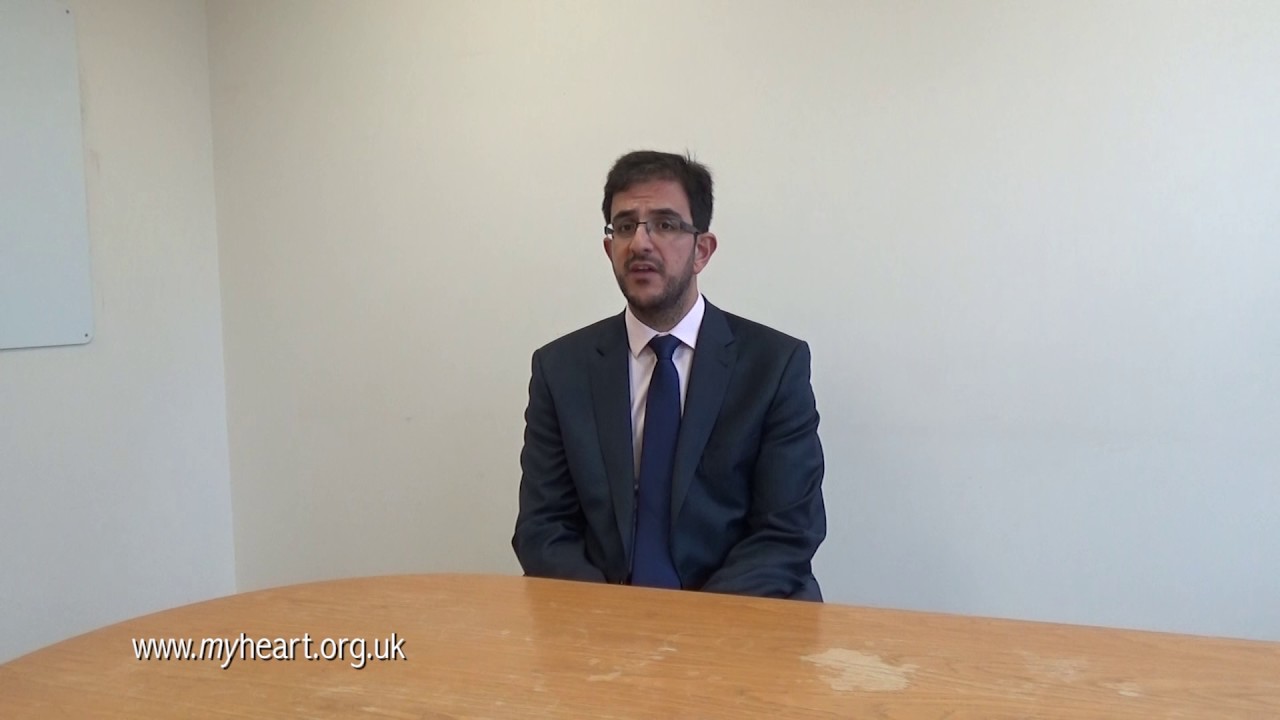
If you are considered to be at high risk, and an ICD is recommended but you are not keen to have an ICD- and that can be the case in a number of individuals, then depending on the condition that you have been diagnosed with, there may be a number of things that you can do. There is definitely lifestyle modification advice that your specialist will give you that may vary from the volume of exercise that you participate in. For example, for most of the inherited heart muscle diseases and most of the electrical faults of the heart, it is recommended that individuals avoid very intense exercise, which includes: short bursts of exercise, as well as intense exercise under extreme conditions which may dispose you to electrolyte abnormalities. The second thing that you can do after the life-style modification advice, is ensure that you take, meticulously and on a regular basis, the medication that your physician has recommended based on the underlying condition that you’ve got. We know, for example, that beta-blockers are extremely useful in reducing your risk of irregular heart rhythms that can be associated with fainting episodes and sudden cardiac death in people who have long QT syndrome or CPVT (Catecholaminergic Polymorphic Ventricular Tachycardia). And those are the main two things that you can do in order to avoid any significant arrhythmias.